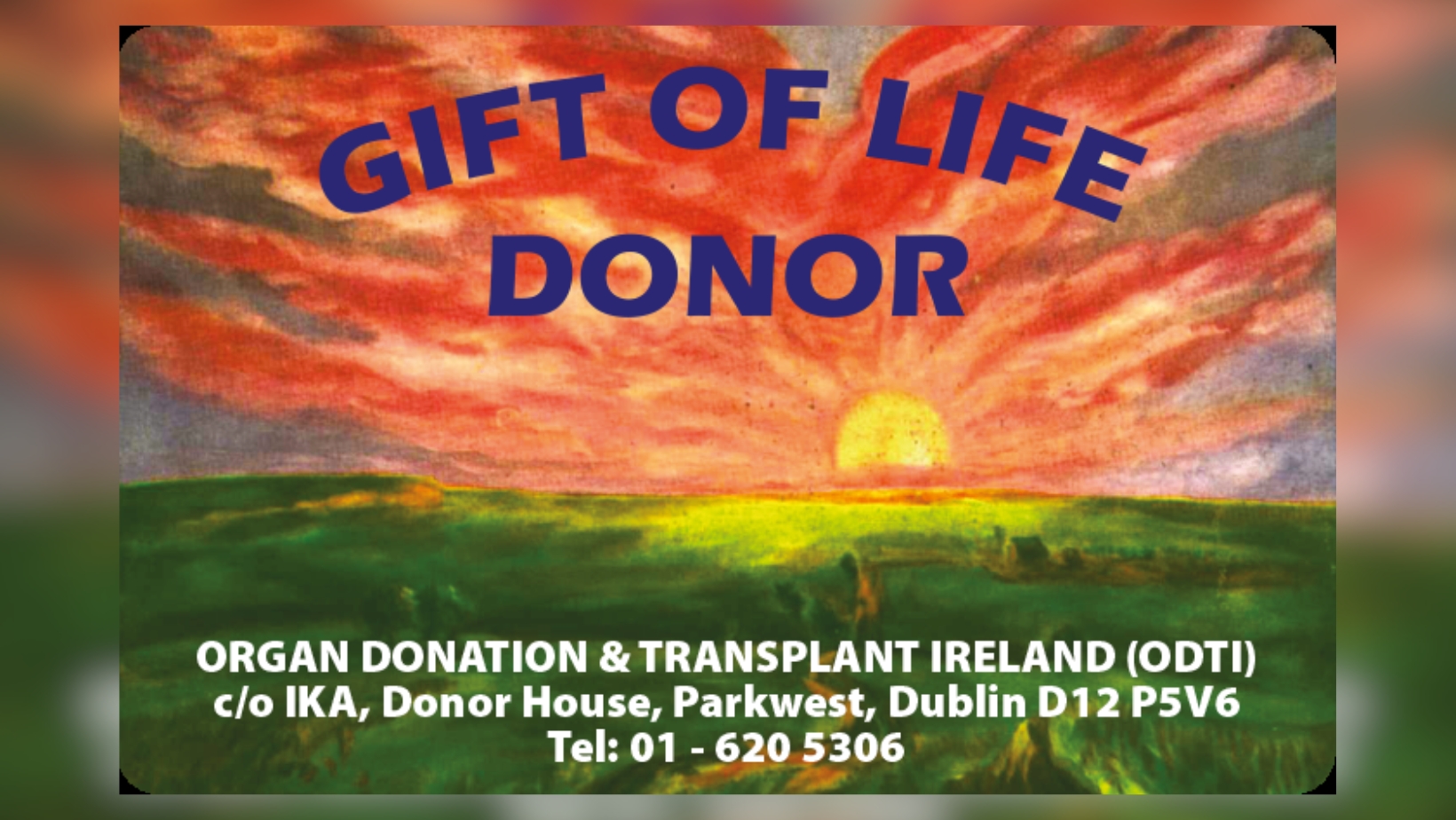Ireland Introduces "Soft Opt-Out" Organ Donation System as New Legislation Takes Effect
Ireland launches soft opt-out organ donation system today, presuming adult consent unless registered otherwise. Families still consulted on all decisions.

Ireland Introduces "Soft Opt-Out" Organ Donation System as New Legislation Takes Effect
From today, every adult in Ireland will be presumed to consent to organ donation after death unless they have specifically opted out, marking a significant shift in how the country approaches life-saving transplants.
The Human Tissue Act 2024 Part 2, which came into effect on 17 June 2025, establishes Ireland's first national legislative framework for organ donation and transplant services. Under the new "soft opt-out" system, adults are automatically considered potential organ donors unless they register their objection on the National Organ Donation Opt-Out Register.
The legislation maintains strong family involvement in all decisions. Healthcare professionals will continue to consult with families before any donation proceeds, and if family members object, the donation will not take place.
Dr Colm Henry, Chief Clinical Officer at the HSE said: "
The opt-out organ donation system will bring us in line with international best practice. Organ transplantation is one of the great advances in modern medicine. It offers a second chance at life to people with life-threatening illnesses or injuries to their vital organs."
Currently, approximately 600 people across Ireland are waiting for organ transplants, whilst more than 200 people annually have their lives improved or saved through organ donation. The new system covers five key organs: heart, lungs, liver, pancreas, and kidneys.
Dr Brian O'Brien, National Director of HSE Organ Donation Transplant Ireland emphasised:
"Not everyone who dies is a potential organ donor. A donor needs to be in hospital and on a life support machine. All organs donated go to people most in need of a transplant."
The Act introduces several important safeguards and exceptions. Children under 18 are excluded from the deemed consent system, with parental permission still required. People who have lived in Ireland for less than a year, those who may have lacked capacity to make such decisions, and cases where family cannot be contacted in time are also exempt.
A notable addition is the provision for non-directed altruistic donation, allowing living donors to give a kidney to someone they don't know on the transplant waiting list. An Independent Panel will oversee these donations, with strict protections against coercion or payment.
Minister for Health Jennifer Carroll MacNeill commented: "In commencing Part 2 of this Act, we are hoping to increase the donor pool in Ireland by making organ donation the norm, while always fully respecting the wishes of individuals and their families."
The Government has allocated €2 million in development funding for 2025 to support the enhanced organ donation services, including expanding the National Potential Donor Audit and increasing staffing for organ donation programmes.
Those wishing to opt out can register their decision at hse.ie/organdonation, where the HSE is running an information campaign about the changes. Healthcare professionals stress the importance of discussing organ donation wishes with family members, as their input remains central to any final decision.
Similar opt-out systems already operate in the UK and many EU countries. The Irish legislation represents years of consultation and development, with comprehensive guidelines now published to assist families and medical professionals navigate the new process.



